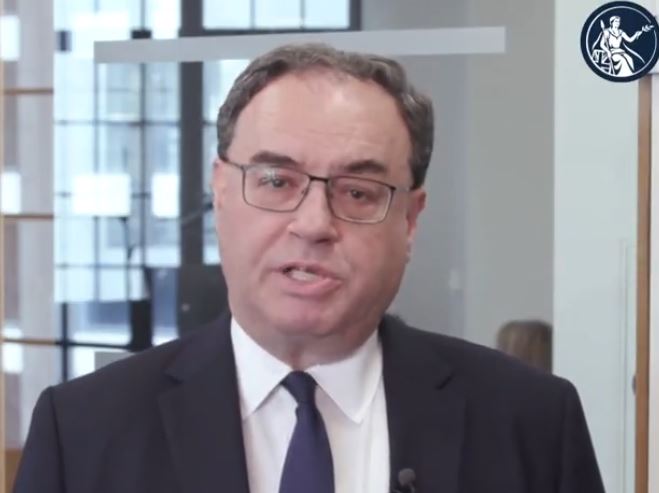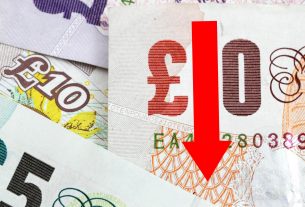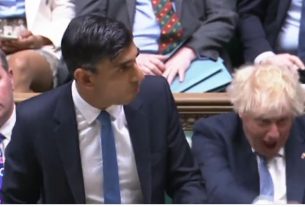The Bank of England has raised the UK interest rate for the 12th consecutive time, hiking the base rate from 4.25% to 4.5% – the highest level in 15 years.
The decision by the BoE’s Monetary Policy Committee (MPC) to raise the interest rate will increase mortgage costs for homeowners. Increasing the cost of borrowing is necessary to tackle the UK’s “stubbornly high” inflation, the BoE said.
Borrowers will not be buoyed by the financial markets’ prediction that the UK interest rate will rise again and peak close to 5% by the end of 2023, as reported by the Financial Times.
In December 2021 the UK interest rate was 0.1% and the BoE said the main effects of the climb to 4.5% have not yet been felt by households.
Announcing today’s (May 11) rate rise, BoE governor Andrew Bailey warned the UK faces two more years of inflation above the 2% target which is not likely to be hit until the end of 2024 – nine months after its previous forecast.
Admitting the BoE’s previous forecast that the UK would enter a year-long recession was wrong, Bailey said: “The economy has turned out to be more resilient than we expected it to be.”
Bailey said the cause of rampant inflation is primarily due to the pandemic and surging energy and food prices caused by the Ukraine war and a poor European harvest following last year’s record braking temperatures.
Inflation is expected to slow this year, but not as fast as forecast in February which predicted it to be below 4% by the end of the year. Consumer price index inflation was 10.1% in March – higher than expected and the highest in the G7. The latest forecast now predicts UK inflation will be above 5% in December.
This revision is due to the rise in food costs which are increasing at their fastest rate since 1977. Bailey said: “We are acutely aware of how difficult this rise in food prices is for people and especially for those people on lower incomes. We do see that food price inflation will start to slow.”
Chief secretary to the Treasury John Glen has called a meeting with supermarket bosses to discuss rising food prices.
Prime minister Rishi Sunak promised to halve inflation by the end of this year as one of his five key pledges on which the electorate should judge him.
Chancellor Jeremy Hunt repeated the pledge but admitted the interest rate rise “will obviously be very disappointing for families with mortgages”.
Labour has wasted no time in attacking the government’s economic record and the impact the higher interest rate will have on households already struggling in the cost of living crisis.
Shadow chancellor Rachel Reeves said: “The prime minister should take his fingers out of his ears and admit his personal responsibility for a Tory mortgage crisis leaving so many worse off.”




